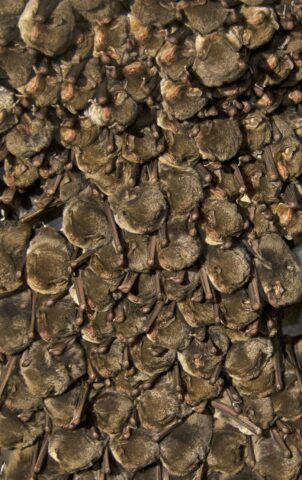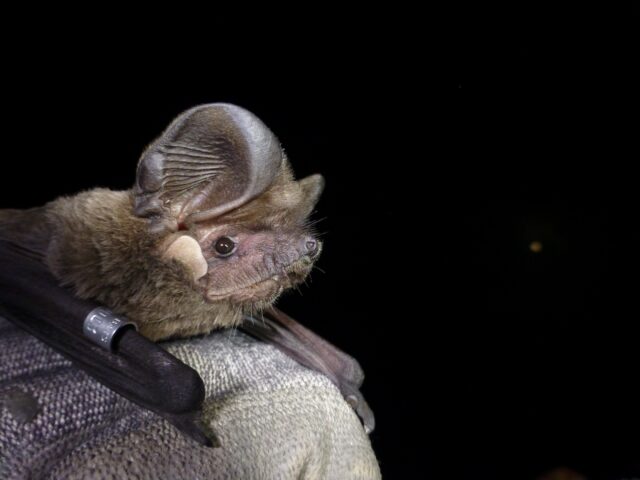Gibraltar National Museum signs research agreement with Moroccan university
The Gibraltar National Museum has signed a formal collaboration agreement with Cadi Ayyad University in Marrakech, Morocco, to support joint research into the movement and conservation of bat species across the Strait of Gibraltar.
Scientists from the Gibraltar National Museum have been studying Gibraltar’s bat populations for over twelve years through the Gib-Bats project, in collaboration with the Gibraltar Ornithological and Natural History Society and the Government of Gibraltar’s Department of the Environment. The initial focus of the study was to assess the status of local bat populations and identify measures for their protection.


Findings revealed that bat numbers were critically low, prompting the implementation of conservation efforts, including the installation of bat boxes and the introduction of pre-construction survey requirements. One species, Schreiber’s bat (Miniopterus schreibersii), was found to use Gibraltar seasonally, prompting researchers to investigate migratory patterns across the region.
Through tracking and marking in Gibraltar and Spain, the team established that the bats migrate seasonally across the Iberian Peninsula, with some individuals reaching as far as Portugal. The research raised further questions about whether bats also move between North Africa and Gibraltar.
In response, Dr Stewart Finlayson, principal scientist on the project, reached out to colleagues in Morocco, leading to the new agreement with Cadi Ayyad University. The partnership will focus on understanding species movement between Morocco and Gibraltar, and southern Iberia.
The agreement includes information sharing, field research in remote areas, and training for young scientists in Morocco. Results will be jointly analysed and published.
Dr John Cortes, Minister for the Environment, said: “As an ecologist, and having worked in the field in Morocco, I am extremely pleased and excited by this development.”
“Not only will this collaboration increase further our links with our southern neighbour, it will also contribute to our knowledge of the biodiversity of the region and help in the conservation of these vulnerable species.”









